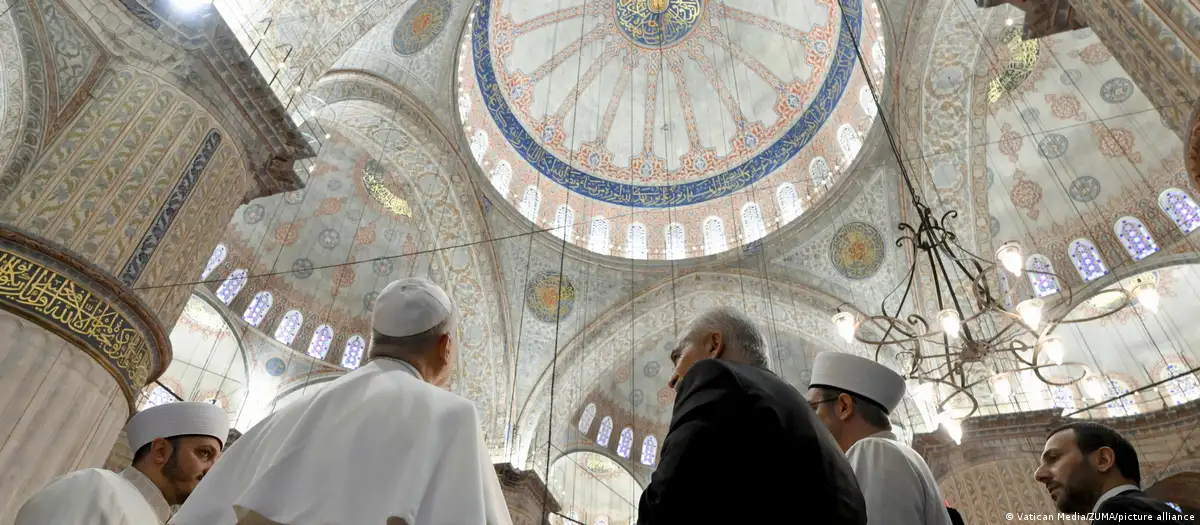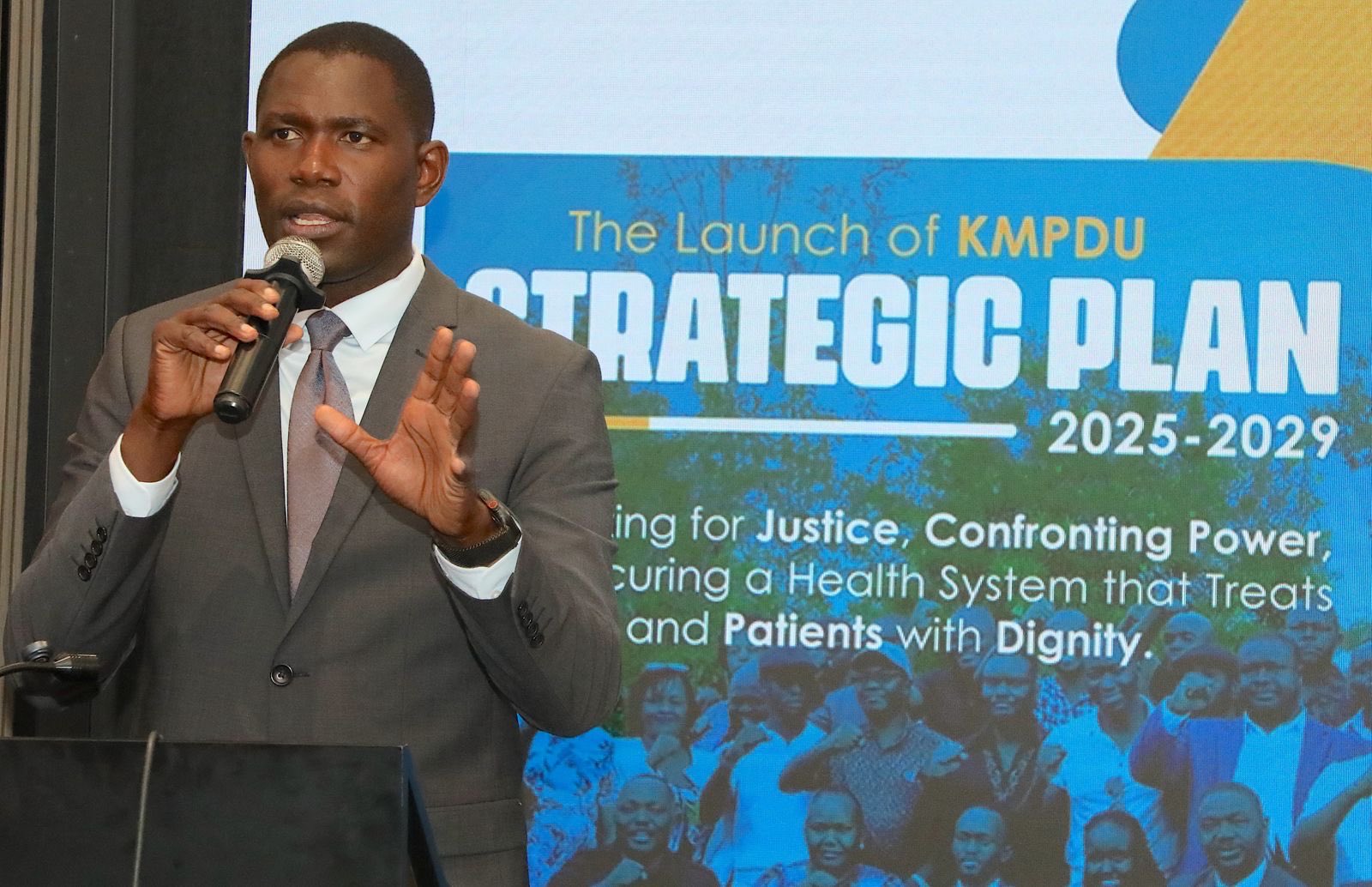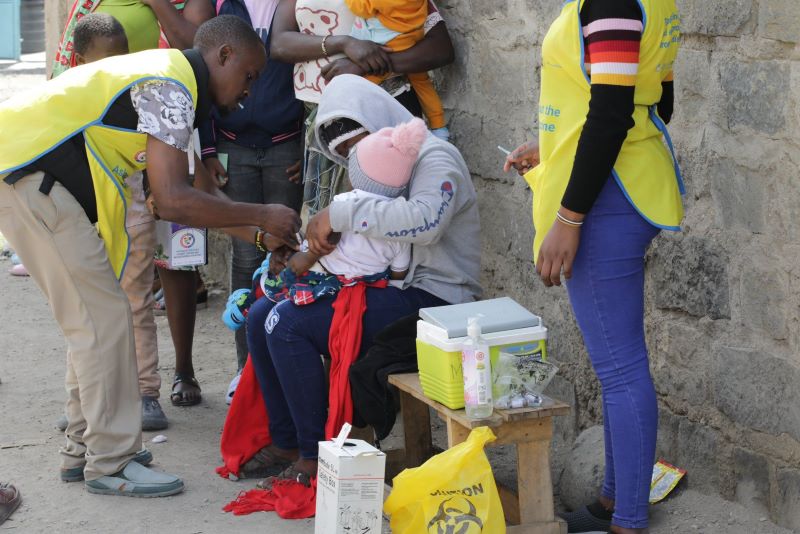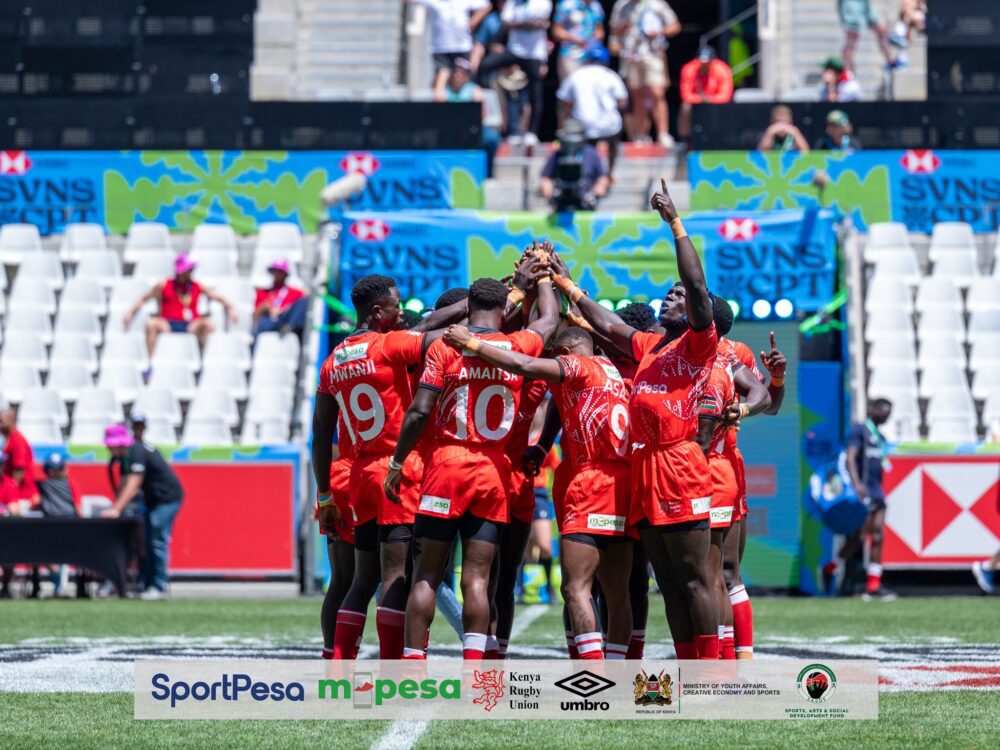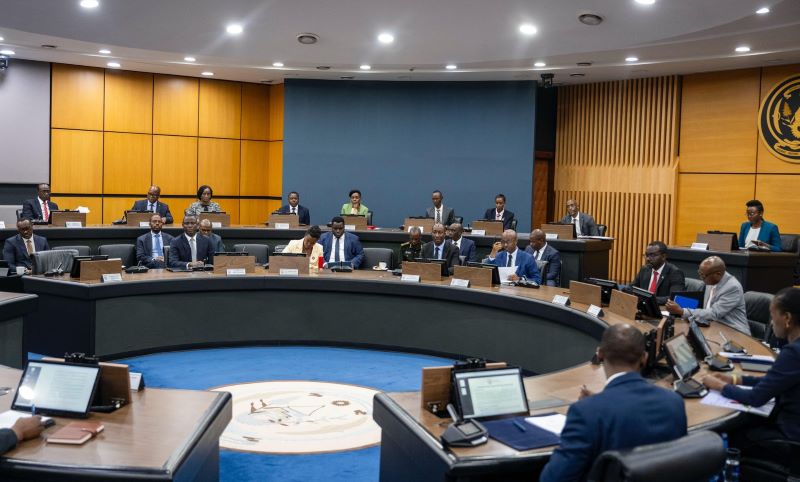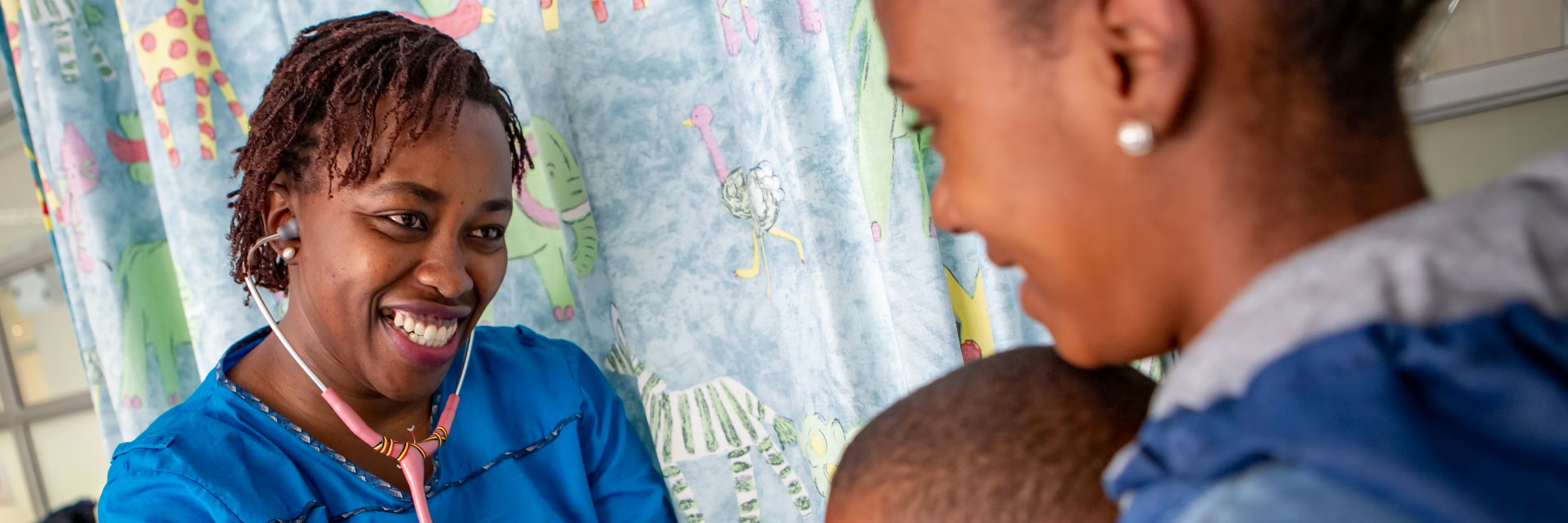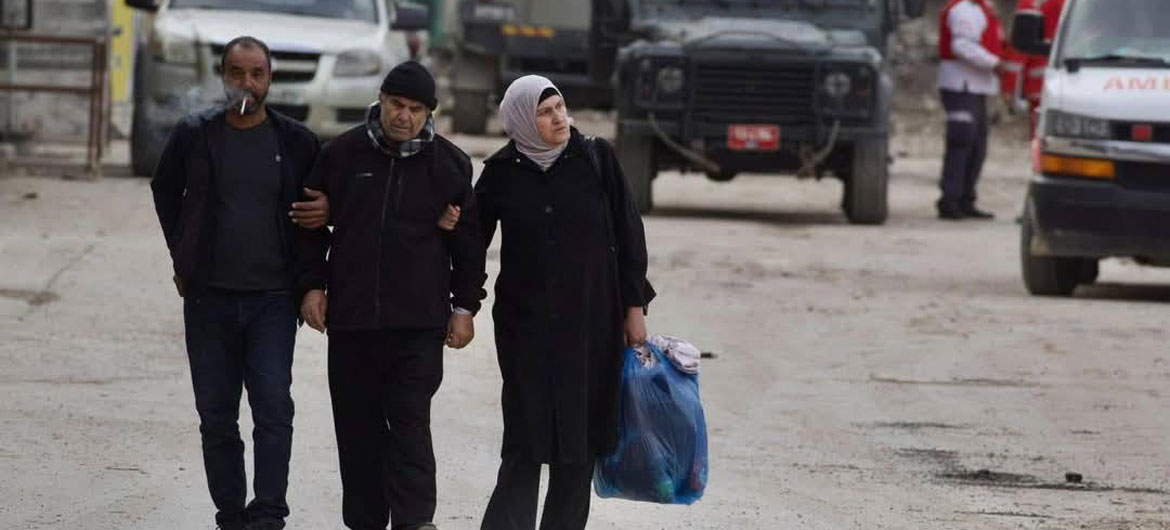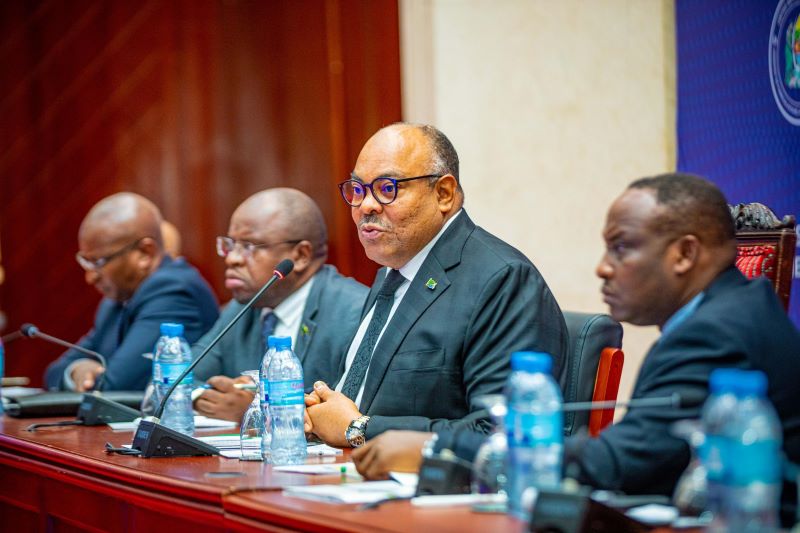Pastoralist group slams Gachagua over claims on Ruto's vetting policy
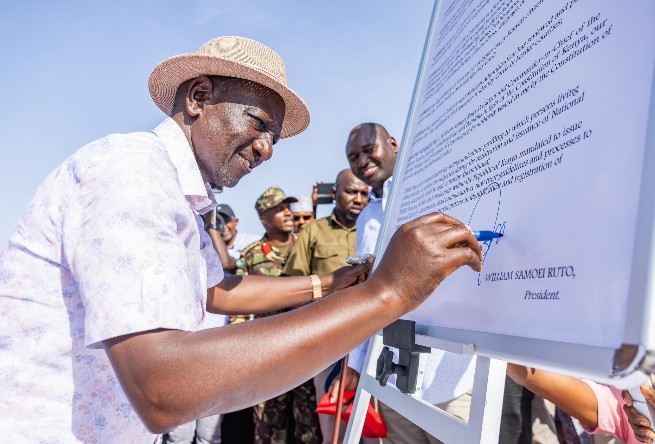
The association said the claims were unfounded and risked reviving a history of ethnic profiling and exclusion that Somali Kenyans and pastoralist communities in border counties have endured for decades.
The Pastoralists Community Professional Association (PCPA) has issued a strong statement condemning remarks made by former Deputy President Rigathi Gachagua during a recent address in the United States, in which he linked President William Ruto’s decision to ease vetting procedures for ethnic Somali Kenyans to terrorist groups such as Al-Shabaab.
The association said the claims were unfounded and risked reviving a history of ethnic profiling and exclusion that Somali Kenyans and pastoralist communities in border counties have endured for decades.
More To Read
- Government tightens ID registration checks after scrapping vetting process
- Huduma Kenya urges citizens to collect thousands of unclaimed documents
- Africa lags in ID cards coverage as experts urge inclusive access
- PS Belio Kipsang urges use of e-Citizen, warns against cash payments
- President Ruto warns against bribery as ID replacement fees scrapped
- Over 400,000 IDs uncollected as Senate probes backlog
In the past, members of these communities were denied national identification documents, passports, and public services under a vetting policy they described as discriminatory and without a valid security basis.
According to the PCPA, President Ruto’s directive to end the vetting practice was lawful and long overdue, representing a necessary step toward equal treatment for all citizens.
The statement noted that all Kenyans have the right to access identification documents and public services without discrimination based on ethnicity, region, or religion.
The organisation also expressed concern over reports that Gachagua had shared his allegations with foreign actors. They warned that such actions could destabilise Kenya’s democratic institutions and undermine national unity.
The group called on the National Cohesion and Integration Commission, the Directorate of Criminal Investigations, and even the International Criminal Court to take note of what they termed the potential dangers of the remarks.
“Kenya belongs to all her citizens, regardless of ethnicity, region, or faith. We urge our partners, press houses, and fellow citizens to reject this dangerous rhetoric and continue building a country grounded in justice, equality, and cohesion,” read part of the statement.
The association urged political leaders to focus on constructive policy and inclusive governance, warning that personal attacks and divisive politics risked causing long-term damage to the country’s stability.
They said the matter should not be left unresolved and that relevant agencies must act to safeguard human rights, maintain national unity, and protect global peace.
Mandera Senator Ali Roba also responded to Gachagua’s remarks, saying they were false and harmful. He insisted that during the President’s visit to Mandera, the itinerary was transparent and all meetings were public.
“Every aspect of the President’s one-day itinerary was transparent and in the public domain. No private, backdoor, or suspicious meetings took place. The suggestion by Gachagua that the president met with unknown individuals is a shameful fabrication designed to sow division and confusion among the people,” Roba said.
He clarified that the President did not abolish vetting altogether, but had ended discriminatory procedures that targeted certain communities, advocating instead for uniform, constitutional vetting standards applied equally to all Kenyans.
Roba urged the Directorate of Criminal Investigations to summon Mr. Gachagua to provide evidence or face legal consequences, stating, “The burden of proof for all his lies lies with him.”
Top Stories Today


